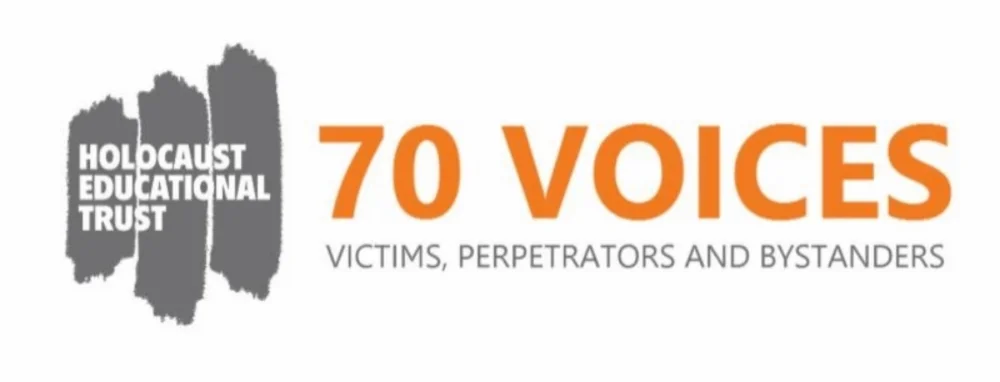Despite the gradual recovery of most survivors in the weeks after liberation, life remained challenging. Edith Fuchs (later Edith Baneth) recalled how apparent joy at the realisation of freedom could quickly turn sour.
I remember the first time I went out with my mother after liberation. There is a beautiful forest in Belsen – it is still there today – and we walked on the main road and crossed into the forest. It was the first time I had felt a little better from the typhoid I’d had for three weeks. I was sitting down with mother in a meadow, and then we saw all the nature and lots of marguerites around us; my mother took one and did ‘I love you, I love you not’ with it.
And suddenly, at this moment, we both realised that we were free: sitting in a meadow on our own, seeing flowers and doing what pleased us. It was then that it hit us and we hugged each other and said, ‘We made it, we are here, we have survived, we are alive and soon we’ll go home.’ I had survived the typhoid, my mother didn’t get it, and we were hopeful that it’s all over. The next day my mother did suddenly get a temperature and she was one of the last cases of typhoid and she was taken to the hospital.
She died on the 15th June 1945, two months after having been freed. In two or three weeks we were supposed to go home and start a new life together. Going through all that had happened, it was the worst thing. She was forty then, she still had another thirty years of normal life to live.
The effects of years of starvation and maltreatment meant that disease remained a threat for months after liberation. An equal challenge was restoring the psychological health of the survivors, a task in which survivors' self-help initiatives played an important role.
Photo: a post-war memorial by a mass grave, Bergen-Belsen; Holocuast Educational Trust
Testimony: Lyn Smith (ed.), Forgotten Voices of the Holocaust (Ebury Press)

